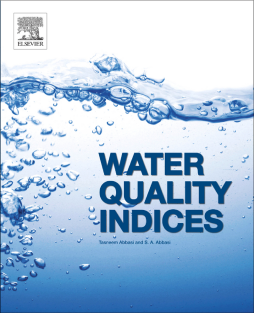
Additional Information
Book Details
Abstract
This book covers water quality indices (WQI) in depth – it describes what purpose they serve, how they are generated, what are their strengths and weaknesses, and how to make the best use of them. It is a concise and unique guide to WQIs for chemists, chemical/environmental engineers and government officials.
Whereas it is easy to express the quantity of water, it is very difficult to express its quality because a large number of variables determine the water quality. WQIs seek to resolve the difficulty by translating a set of a large number of variables to a one-digit or a two-digit numeral. They are essential in communicating the status of different water resources in terms of water quality and the impact of various factors on it to policy makers, service personnel, and the lay public. Further they are exceedingly useful in the monitoring and management of water quality.
With the importance of water and water quality increasing exponentially, the importance of this topic is also set to increase enormously because only with the use of indices is it possible to assess, express, communicate, and monitor the overall quality of any water source.
- Provides a concise guide to WQIs: their purpose and generation
- Compares existing methods and WQIs and outlines strengths and weaknesses
- Makes recommendations on how the indices should be used and under what circumstances they apply
